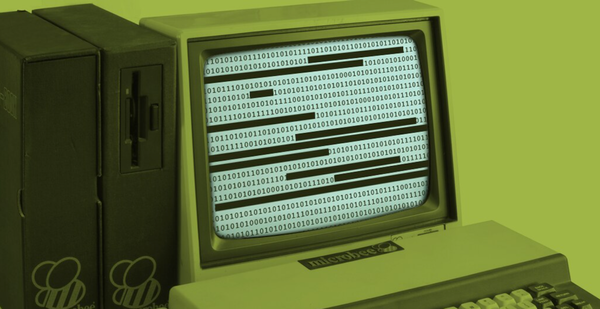The Online Safety Bill, a law likely to come into effect in 2023, has the stated goal of “making the UK the safest place in the world to be online.” This involves, among other things, requiring online platforms to protect users by removing content deemed “harmful.” Most controversially, this category will include “misinformation and disinformation”—a phrase which has caused alarm in some quarters, given the recent escalation of censorship justified by these labels. Just as significantly, the Bill will also require any platform hosting pornographic material to mandate age verification for users, which has raised concerns about the right to privacy—as it will likely require users to provide sites with personal information in order to access such material.
The Bill does not merely tinker at the edges of online content regulation: It signals a dramatic departure from long-dominant liberal thinking about rights. In this sense, it illustrates both the perils and the possibilities of the post-liberal moment.
The American legal philosopher Ronald Dworkin formulated the current liberal account of rights. According to Dworkin, rights give citizens the liberty to act unless doing so will directly contravene the rights of others, or unless there is a dire public emergency that necessitate curtailing that liberty. By this definition, having a right to do something means being able to do that thing even if to do so would be against the public interest. If one can only act in such a way that one’s conduct aligns with the public interest, then one’s liberty can at any time be revoked by the authorities’ appeal to the general good. Liberalism, built as it is on a framework of rights, is therefore predicated on providing the individual with “trumps” against the state invoking the public interest to regulate conduct.
For Dworkin and those who accept his premises, if there is a such a thing as the right to express oneself freely, then it has to include the right to publish pornography. Even if it is not in the public interest for pornography to be readily available, the public interest must not override an individual’s rights. There are exceptions: child pornography ought to be prohibited, for example, because children are not capable of giving consent; the publisher’s right to freedom of expression in that context is limited by the harm it would cause to the rights of the individual children involved. But in general there was no valid reason, applying liberal principles, for the state to prohibit the publication of pornography involving adults.
